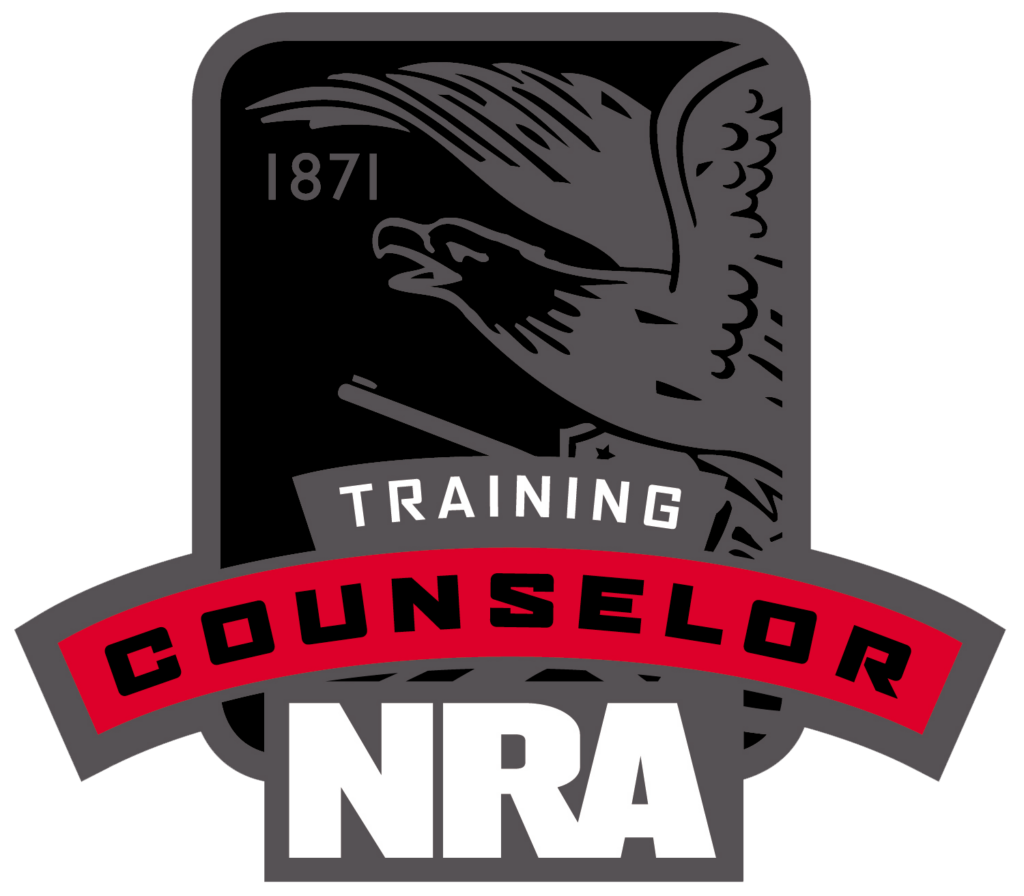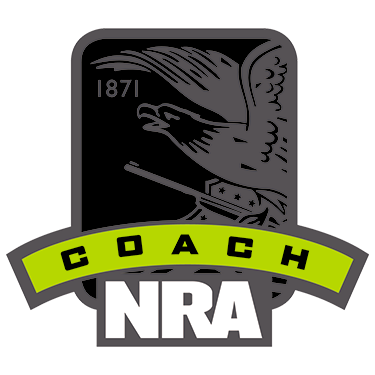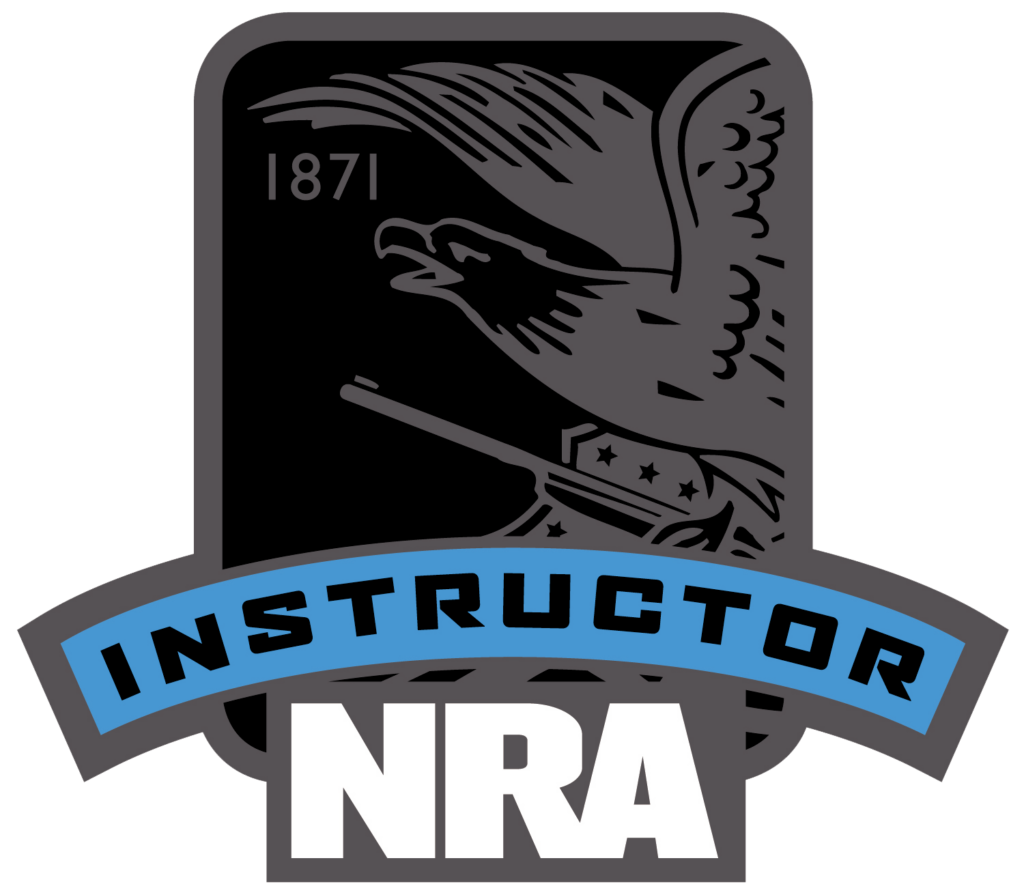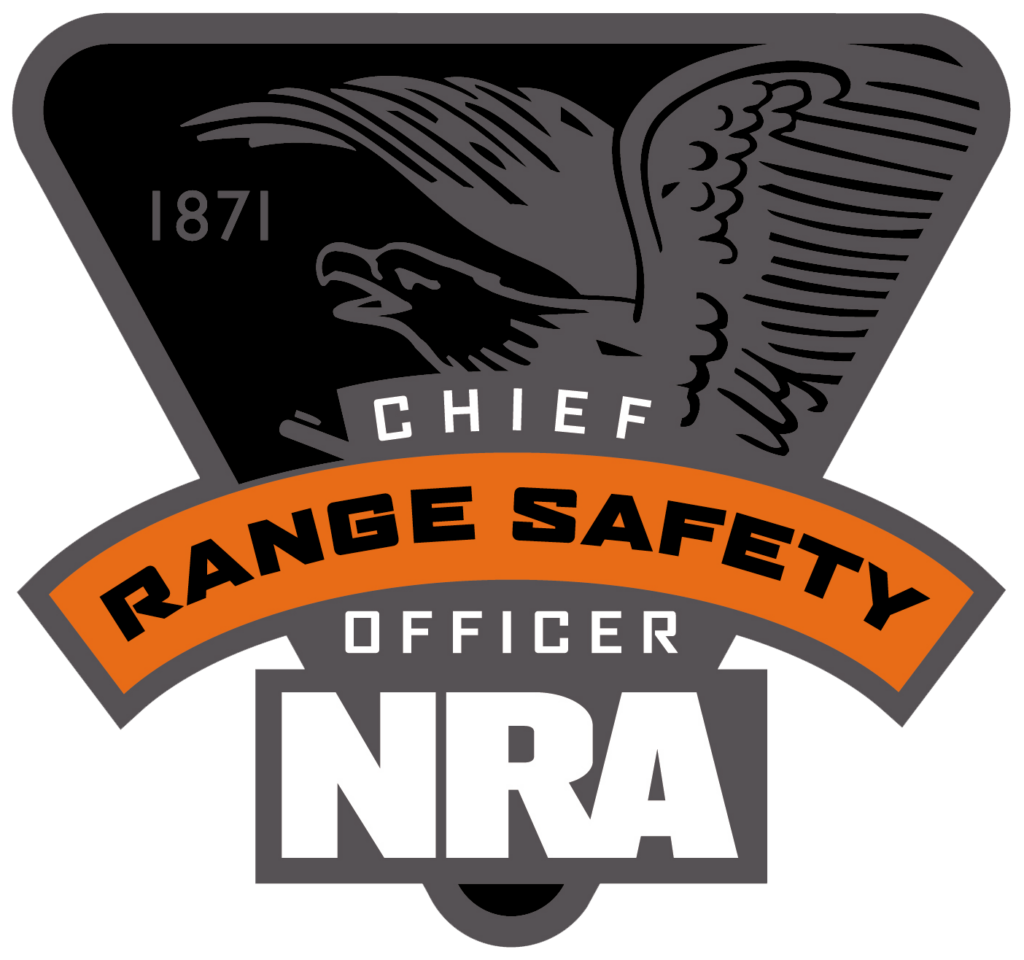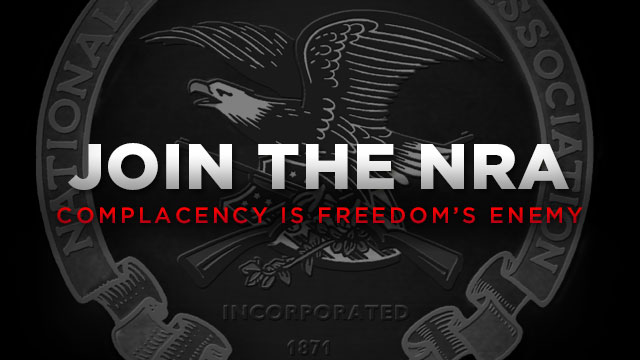Most of my students take the Basic Pistol course so that they can apply for their Concealed Handgun Permit (CHP). Obviously, I have no problem with that.
I tell all of my basic students, “If you don’t currently own a handgun, do not go our and buy one before coming to class.” The reason I tell them this is that new shooters usually don’t know what to buy or what criteria they should use when shopping for that first gun.
I’ve had a number of new shooter students come to class with a newly purchased gun that their friend told them to buy. One student, in particular, came with two very small semi-automatics because they are very easy to conceal. This was true but this student, an older lady, did not have the hand strength to manipulate the slides. The small pocket or purse guns have very tight springs required to run the gun. I loaned her a mid-sized 9mm and she operated it quite nicely.
Some of the criteria new shooters should take into consideration before buying their first gun (or any gun after that) are:
- What is the intended purpose of the gun? If you are buying it for personal protection, don’t go for the “hand-cannon.” Likewise, don’t purchase a gun that is so small you cannot operate it.
- The gun should be appropriately sized to be able to shoot accurately. One reason rifles are so much easier to accurately shoot is the long sight radius, anywhere from 20” and up, as opposed to the 2” – 3” sight radius of a sub-compact handgun.
- Do the ergonomics fit the shooter? If you have large hands, the sub-compact gun may be very hard to attain a proper grip. Likewise, if you have small hands, you may not be able to achieve a proper trigger press on the larger guns.
- Is the caliber appropriate for the intended purpose? For personal protection, the rule of thumb is 9mm and .38 special are considered the minimum appropriate calibers. Talk to your instructor about this.
- Is the gun to heavy or to light? A heavier gun, normally all metal, will mitigate the recoil better than a small, light weight polymer frame gun. However, there are some really big all metal guns that fall into the “hand cannon” category. Find one in between that fits you.
There are a number of other criteria you should consider before buying your first, or subsequent gun. You will be happier and more satisfied with your gun purchase if you take your basic class before that purchase.
Find an instructor who will patiently guide you through the process. Discussions with your instructor should be an iterative process. Your instructor should welcome these discussions.

